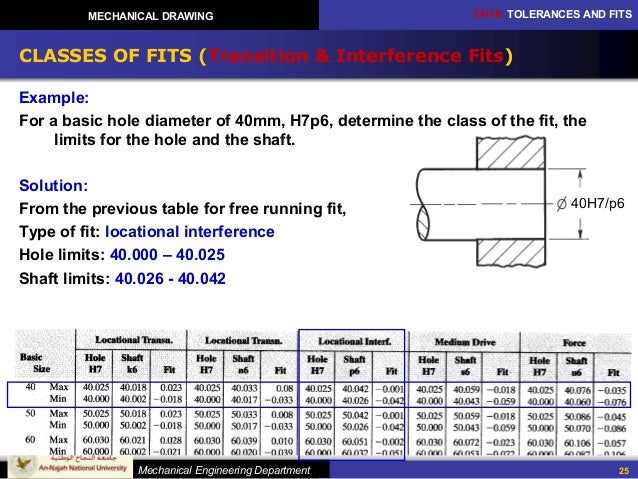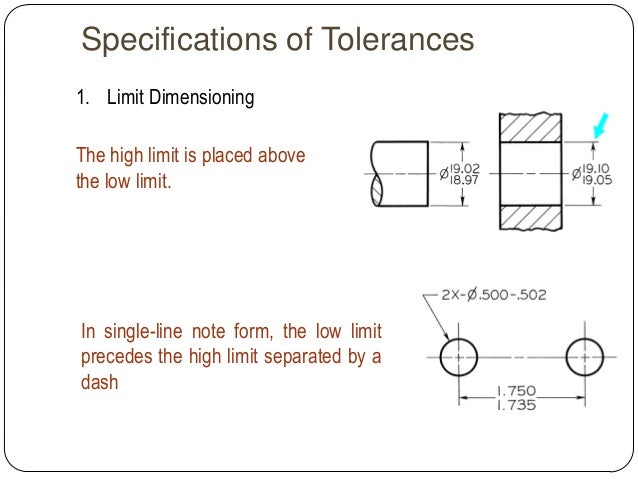

- Miditrail note limit manual#
- Miditrail note limit full#
- Miditrail note limit software#
- Miditrail note limit code#
- Miditrail note limit plus#
When all is said and done, I plan on creating mp3s from the finished files and uploading them to YouTube, plus uploading the actual MIDI files (and maybe spreadsheet) on my Google Drive for other people to use/modify/enjoy. I've included the first track from the game from the spreadsheet so you can see the current "end result" (both SPC and MIDI). I'll also follow up with a set of MIDI files if I finish one of the games any time soon.
Miditrail note limit manual#
The numbers in the grid are manual pitch settings. The numbers on the left are the memory addresses of the instruments. I'm including a screenshot of spc2midi English translation (I'm using the Japanese version because it is newer) and my spreadsheet so you can see some of the process. (This will require me to finish my GS/XG SYSEX Reset insertion code) For example, many SPC tracks use a Euro Hit sound, which is only available on higher bank numbers in place of the standard Orchestra Hit, and some games will sound a lot better using alternate drum kits. I will be using my instrument changer to make further instrument changes on the "finished" files, as spc2midi can only assign GM instruments, and I have found I can get better results using GS or XG instruments. And my actual ORIGINAL intent was to write my OWN spc to MIDI utility, but then I learned what I didn't know ).
Miditrail note limit full#
This process also kicked off my desire to write my MIDI instrument changer, quattj's MIDI-MIS (which I started working on in March, and still have some work to do on, since I went back to work full time over the summer so it fell by the wayside. There was a comment when I posted a work-in-progress file in a previous thread about an excessive amount of pitch bending, but that is inherent to the way that particular game sound engine was programmed, and may be a common "feature" of these files when they are finished. I tried using Anvil Studio's "quantize" option, but it didn't seem to make a difference. The resulting files sound good, but they are visually not ideal for editing, as they do not line up to normal measures on a piano roll in an editor. This removes some unnecessary note off events, fixes some out of range values, and a few other thingsģ - Delete all extra unused channels from the MIDI file in Anvil StudioĪnd that's what I have at the moment. ** Recommendations on what I can do to clean up these files, and make them more presentable in a MIDI editor?Ġ - Figure out all of the instrumentationĢ - Repair MIDI file using Anvil Studio's repair option Nothing can be saved as a preset for the next file, so it all has to be manually redone every time. Each SNES instrument needs to be properly selected as MIDI instrument or percussion (not always correctly auto-determined), its attack and decay enabled, actual MIDI instrument assigned, pitch and/or volume set (if required), and the song length needs to be set for the export. It has been a very time-consuming process. A few games I have a tossup between which instrument to use for a particular address. Some games the instruments need the pitch manually adjusted per track (one track the pitch might be fine, another might require a drop of 60 semitones). I have a spreadsheet of most of the games I wish to convert, with 7/13 complete for data. I have to load each game audio file individually, make notes of which memory addresses each file uses for instruments, then cross-reference with the actual SPC file in my player of choice (Winamp, Timbres Of Heaven soundfont) to try to find a MIDI instrument that best matches up with the sound from the game.
Miditrail note limit software#
The process is not perfect, and the conversion software is old and hasn't been updated since 2004. Fortunately, many other things do generally match up, like volume control, attack, decay, and, perhaps very helpfully, the audio is placed on a maximum of 8 channels.

It also does its best to determine if a sound should be a melodic instrument (more than one pitch in the original file) or percussion (single, repeated pitch). This is not a direct 1:1 MIDI conversion, as the SPC700 uses custom sound programs per game, so spc2midi has to do some wizardry to get decent results, like running a FFT transform on the audio samples in an SFC file to make a best guess at the correct pitch for instruments.
Miditrail note limit code#
An SPC file is a rip of a specific game's sound code and samples packaged to be playable in an audio player. It creates the MIDI files by interpreting the input to the SNES sound chip (SPC700) in to MIDI data. I am converting Super Nintendo (SNES) SPC audio files in to MIDI files, mainly using a program called spc2midi 0.023j I have been working on a project for a while.


 0 kommentar(er)
0 kommentar(er)
